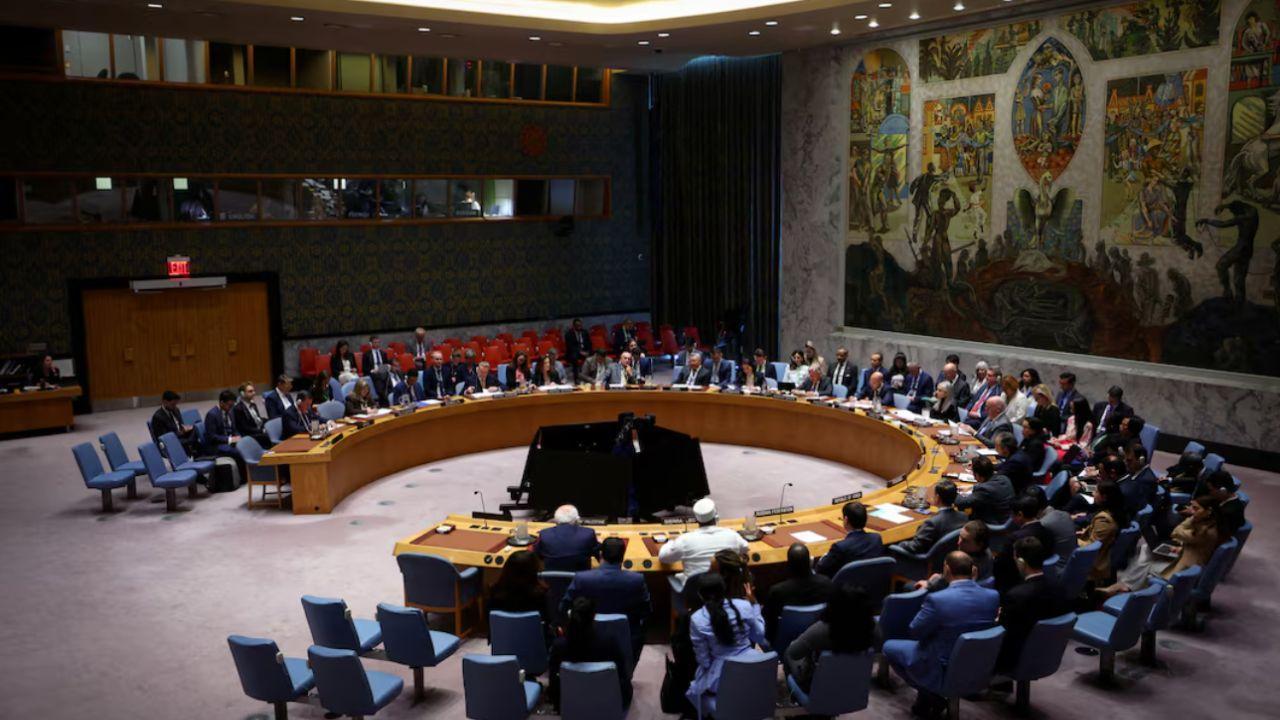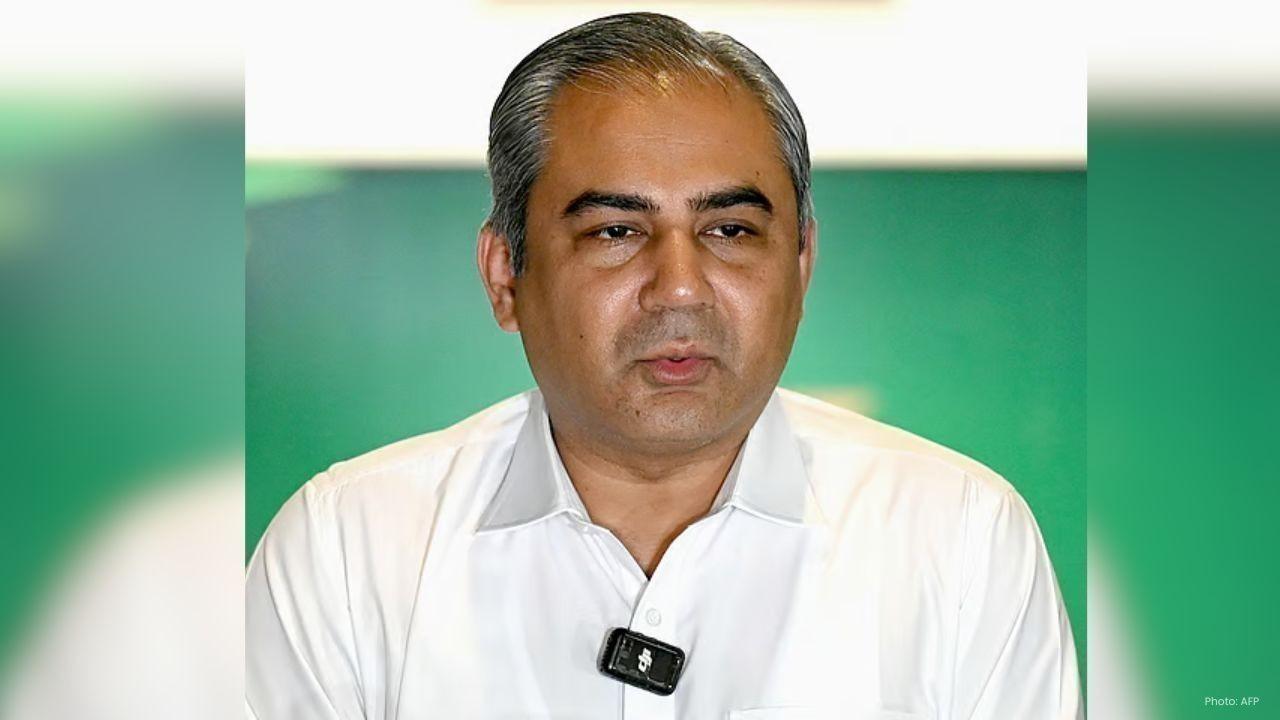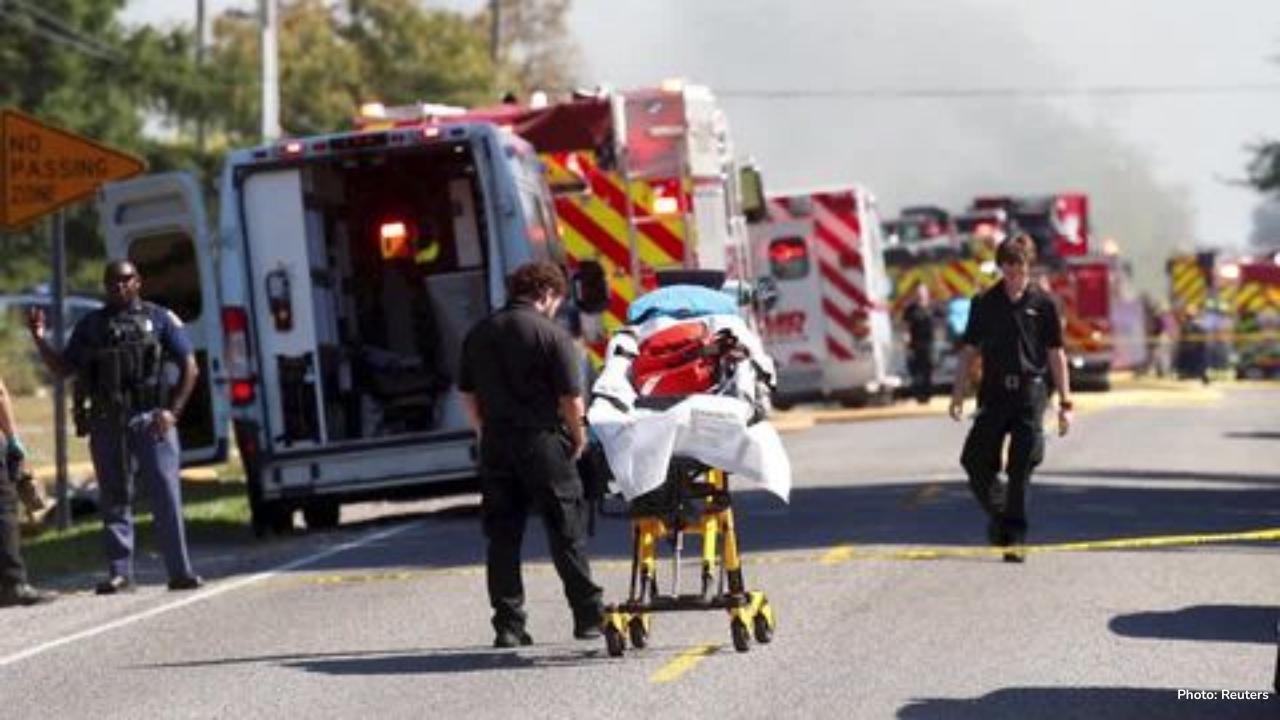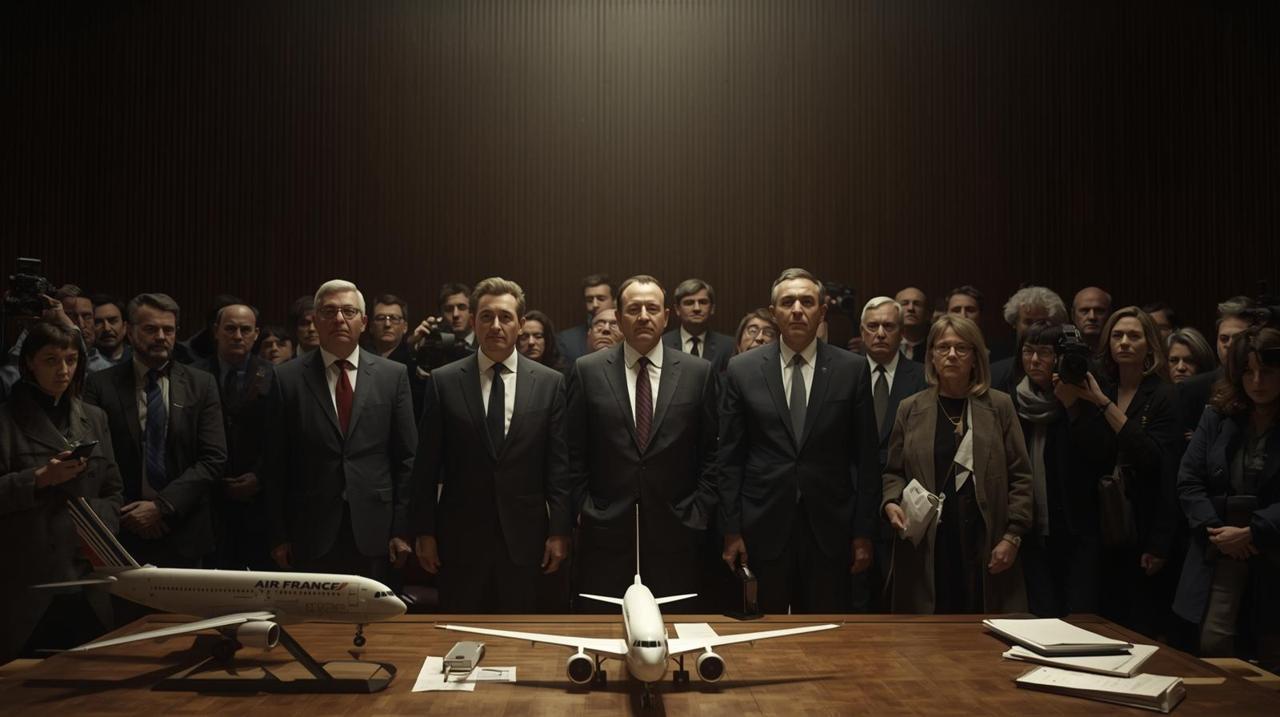
Post by : Priya
Photo:Reuters
In late July 2025, ministers from around the world gathered at the United Nations in New York for a long‑delayed international conference. Co‑chaired by France and Saudi Arabia, the meeting—originally scheduled for June 17–20—aimed to breathe new life into the long‑stalled two‑state solution for Israel and Palestine. But it was held amid deep divisions: Israel and the United States boycotted, tensions flared, and the humanitarian crisis in Gaza reached a breaking point.
A Postponed Conference Born of Urgency
The conference, set initially for mid‑June 2025, was postponed after an Israeli military strike on Iran triggered regional fallout and disrupted attendance. Several key delegations could not attend, and global tensions soared.
France and Saudi Arabia had proposed the gathering to outline a roadmap toward peaceful coexistence: disarming Hamas, freeing hostages, reforming Palestinian leadership, rebuilding Gaza, and laying groundwork for a demilitarized Palestinian state living alongside Israel.
France’s president had also hinted he might use the event to announce recognition of Palestinian statehood—an idea firmly opposed by Israel.
What the Conference Sought to Achieve
Toward a Concrete Roadmap
Saudi Arabia and France emphasized that the conference would be action‑oriented, not just symbolic. It would insist on tangible commitments with deadlines: ending the Gaza war, disarming Hamas, institutional reform, reconstruction support, and recognition steps to bolster peace.
Ground Rules of International Law
The gathering sought to respond to a growing appetite among many UN member states for enforcing the ICJ advisory opinion declaring prolonged occupation unlawful. The aim was also to reinforce obligations under UN law, including protection of civilians and accountability for violations.
Who Attended—and Who Didn’t
Boycotts by Key Powers
Israel and the United States both refused to participate. Washington labeled the conference “counterproductive” and warned against unilateral moves that could undercut diplomatic negotiations, describing the event as a “gift to Hamas.”
Israel argued the forum ignored pressing issues: condemnation of Hamas, security for hostages, and a focus on terror rather than negotiations. Its leaders refused to engage with what they saw as a biased process.
Support from Around the Globe
Despite the boycott by major powers, many UN member states joined the conference. Countries across Europe, the Global South, and the Arab world saw it as a vital step. France’s leadership, in particular, stood out among powerful Western nations.
France’s Bold Move: Recognizing Palestine
A Landmark Announcement
On July 24, 2025, France’s President Emmanuel Macron declared that his country would formally recognize State of Palestine at the United Nations General Assembly in September. If realized, France would become the first major Western and G7 power to do so.
Macron stated that France remains committed to a demilitarized Palestine that exists alongside Israel, and insisted that ending the Gaza war and preserving civilian life must precede any political move.
Mixed Global Reactions
Israel condemned France’s decision, warning it would fuel terrorism and undermine Israel’s security. Prime Minister Netanyahu called recognition a “surrender to terrorism,” while his defense minister denounced it as a grave insult.
The United States echoed frustration. Secretary of State Marco Rubio accused Macron of aiding Hamas by weakening the prospect for peace.
In contrast, Palestinian leaders welcomed the move, calling it consistent with international law and supportive of justice and self‑determination. Other European nations—Spain, Ireland, Norway, Luxembourg and others—expressed solidarity and hinted they might follow suit.
Humanitarian Toll and Urgent Crisis in Gaza
A Conflict in Numbers
Since Hamas launched attacks on October 7, 2023, the Gaza Strip has suffered through a nearly 22‑month war. Estimates report nearly 60,000 Palestinian deaths, mass displacement, and mounting famine. Military strikes and blockade restrictions have severely limited aid and led to widespread civilian suffering.
Aid Efforts Under Fire
Israel and the UAE recently resumed airdrops of humanitarian aid amid international pressure, though critics argue such efforts are inefficient and lack dignity. Critics like UNRWA and Oxfam say Israel must allow land‑based aid convoys rather than piecemeal airlifts.
Ceasefire negotiations remain stalled. The UN and human rights groups have warned of widespread hunger deaths in queues for food and water, raising alarms over collective punishment of civilians.
The Two‑State Solution: On Life Support
A Fading Vision
UN officials warned that the two‑state solution today exists on life support. The current conflict, coupled with political fragmentation and settlement expansion, has eroded the possibility of peace.
Israel’s right‑wing government, led by Netanyahu, rejects it outright. He sees the West Bank as part of a biblical homeland and confirms Palestinians viewed as hostile actors—not peace partners.
Why the Two‑State Model Persists
Despite collapse on the ground, the two‑state solution remains backed by much of the international community. It reflects a compromise: Israel retains secure borders and democratic character; Palestinians receive sovereignty, dignity, and self‑rule in a demilitarized state.
Supporters argue it remains the only realistic path to peace, even while acknowledging that time is rapidly running out.
Geopolitical Momentum and Emerging Alliances
The Hague Group and Regional Action
In July 2025, the Hague Group—a coalition of Global South nations—met in Bogotá, Colombia. Twelve members agreed on concrete measures: halting arms transfers to Israel, refusing port access to military vessels, pursuing universal jurisdiction prosecutions, and excluding public funds from occupation-supporting activities.
These actions pose a clear geopolitical counterweight to Western diplomatic paralysis and underline rising pressure for accountability under international law.
Shifting Positions among Western Allies
France’s move spurred debate in allied countries. In Australia, Prime Minister Anthony Albanese resisted calls from within his own party to follow France, arguing that recognition now could embolden Hamas and damage peace prospects. Yet his government also condemned Israel’s humanitarian conduct in Gaza as catastrophic.
In the UK, voices within Labour and campaigning groups urged speed in recognizing Palestine. Prime Minister Keir Starmer signalled alignment with France and Germany in pushing for ceasefire and eventual recognition.
UN conference on Israel Palestine 2025










Sinner & Swiatek Shine at China Open: Semifinal Spots Secured
Jannik Sinner and Iga Swiatek advance to the semifinals at the China Open. Read about their victori

Michigan church attack kills 4, injures 8 in shocking violence
A gunman drove into a Michigan church, fired shots, set fire, killing 4 and injuring 8 before police

Moldova’s Pro-EU Party Secures Majority in Key Vote
Moldova’s pro-European PAS wins a strong majority in the parliamentary election, weakening pro-Russi

Gabriel’s late header gives Arsenal 2-1 win at Newcastle
Arsenal snatch dramatic 2-1 win at Newcastle as Gabriel heads the winner in stoppage time; Merino eq

Air France Flight 447 Trial Opens 16 Years After Tragic Crash
Sixteen years after the Air France Flight 447 crash, a trial opens against Air France and Airbus. Le

Europe close to Ryder Cup win after strong weekend play
Team Europe is on the verge of winning the Ryder Cup, showing great form in Italy and needing only a